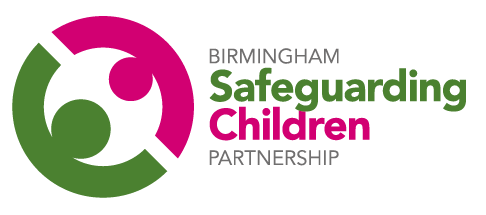Neglect in Birmingham: Empowering Practitioners to Spot the Signs
According to the Department for Education, neglect remained the most common initial category of abuse recorded on child protection plans in 2022, accounting for almost half of children. It can happen at any age, to any child, and have serious and long-lasting impacts on their lives – causing harm and, in some tragic instances, death.
To tackle this issue in Birmingham, last year we published our Neglect Strategy 2022- 26: Working Together to Build Strong Family Foundations, which outlines our priorities for tackling neglect across the city. The strategy reflects our recognition of the critical role early intervention and a ‘whole family approach’ play in tackling neglect and reducing harm. To help ensure swift action is taken by agencies as soon as a need is identified, one of our key aims is to ‘improve the capability of the multi-agency workforce to recognise and act on the signs of neglect’.
If you work with children and families in Birmingham, we strongly encourage you to explore the free training and resources available to you.
- Graded Care Profile 2 (GCP2) training is available free to all professionals and volunteers working with children and families in Birmingham. GCP2 is a licensed assessment tool developed by NSPCC, it can measure the quality of care provided to a child and can be used to support families to make positive changes.
- A Neglect Toolkit has been developed to provide guidance and support for those working with children and families in the city. The toolkit includes practical tools and strategies as well as links to other resources.
- Watch the keynote speeches from our 2022 Practitioners’ Conference, which focused on ‘Working Together to Stop Child Neglect in Birmingham’.
- Read our Neglect Strategy, we have also created a one-page summary.
Luisa Fraser, BSCP Neglect Lead Manager, highlights the importance of practitioners familiarising themselves with signs of neglect: “Children are neglected if the things they need to develop and grow are not provided for them, whether this is intentional or not. Because neglect is so prevalent, all practitioners working with children and families in Birmingham are likely to see children whose needs are not being met. That’s why it’s so important that we learn how to spot the signs of neglect and how to intervene and support families who are struggling. Practitioners who are using the GCP2 tool and the Neglect Toolkit have found these make a huge difference and feedback from families has been really positive too.”
